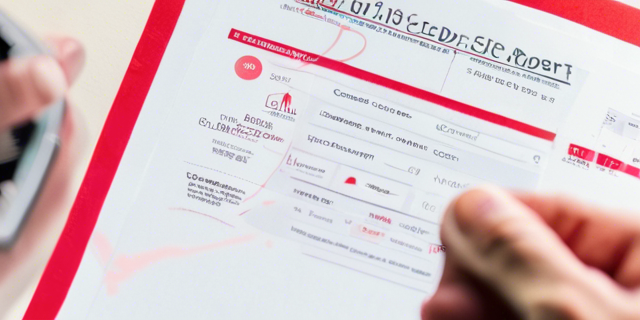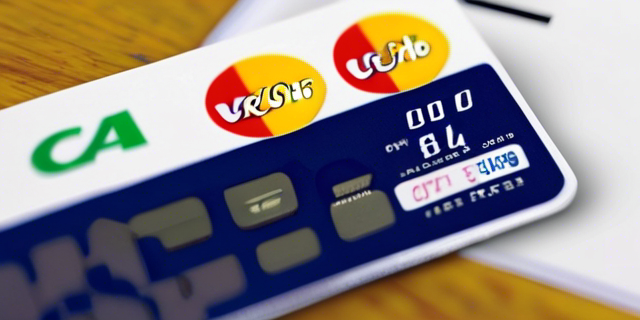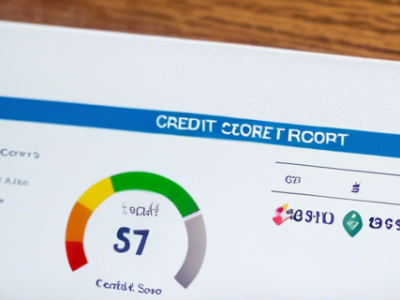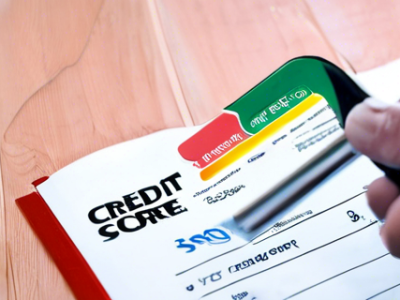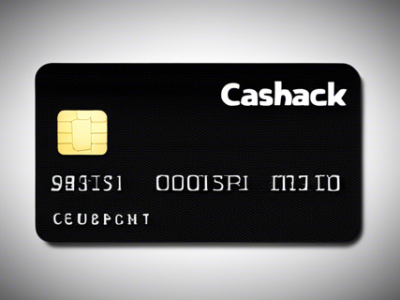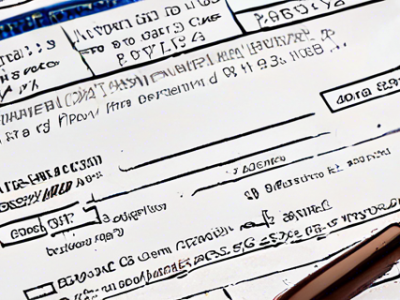Best Ways to Improve a Very Bad Credit Score
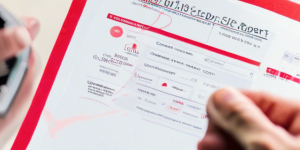
Bad Credit Score
Having very bad credit can negatively impact many areas of your life. It can prevent you from qualifying for loans or credit cards, renting an apartment, or even getting utilities connected. The good news is that while it takes time and effort, there are practical steps you can take to improve your credit score.
Why Your Credit Score Matters
Your credit score is key to your financial health and opportunities. Lenders use your credit score to decide whether to approve you for credit and what terms to offer you. Landlords often check applicants’ credit before approving rental applications. Some employers even check credit during the hiring process. So even if you rarely use credit, your creditworthiness matters.
With a very bad credit score, you won’t have access to the best interest rates and terms for borrowing money. But by improving your score over time, you can qualify for better credit products that save you money. Boosting a very bad score to a fair or good score range takes work, but it’s worthwhile.
Understand What Impacts Your Credit Score
The first step is to understand the key factors that make up your credit score. Your FICO or VantageScore credit scores are calculated from the information on your credit reports from Equifax, Experian, and TransUnion. The scoring models consider these major elements:
Payment History
Whether you pay your credit accounts on time. This has the greatest impact, accounting for up to 35% of a FICO score.
Credit Utilization
The amount you owe compared to your total credit limits on revolving credit accounts like credit cards. Keeping balances low is best.
Credit History Length
How long you’ve had credit accounts open. The longer your good credit history, the more it helps.
New Credit
Opening many new accounts in a short period can lower scores temporarily.
Credit Mix
Having different account types – installment loans, credit cards, etc. A mix helps.
Knowing what goes into your credit score helps you focus your efforts productively as you work to improve it.
Obtain Your Credit Reports
Before making a plan, you need to review your credit reports from Equifax, Experian, and TransUnion. Credit reports list your credit accounts, balances, payment histories, public records like bankruptcies and judgments, and recent credit inquiries.
Compare the reports carefully, as errors are common. If you find mistakes in your personal or account information, dispute them with the credit bureau and creditor right away. This free annual credit report site provides secure access from the three major bureaus.
Checking your own reports does NOT impact your scores. Reviewing them periodically enables you to monitor your credit history and catch problems. Make sure to obtain your actual credit scores as well. Many credit cards and banks provide free access to your scores.
Develop a Game Plan
Now that you understand your reports and scores, you can craft a strategy to rebuild credit. Improving a bad score takes months of dedicated effort, but it absolutely can be done with the right approach. The general guidelines below will help you form an effective credit improvement plan.
Make On-Time Payments
Because payment history has the biggest impact on scores, establishing a track record of on-time payments is priority number one. Set up automatic payments or payment reminders when possible to avoid missed payments. If money is tight, contact lenders to ask about revised payment plans before defaulting on any accounts.
Even one 30 or 60-day late can seriously hurt. So diligent payment management is crucial when rebuilding credit. Show lenders they can trust you to pay what you owe, when owed.
Lower Card Balances
Keeping credit card balances low compared to limits is also key. Accumulated debt contributes heavily to credit risk and hurts scores. Try to get balances on all revolving accounts below 30% of the credit limit if possible. Consider debt consolidation or credit counseling programs if needed.
Leave Old Accounts Open
While painful, don’t close old credit card accounts as you work to rebuild credit. This is especially true for your longest held accounts. Closing accounts can actually lower your score temporarily and weaken your overall utilization rate. Older accounts with good histories contribute positively to scores as well.
Mix New and Old Credit
Now may also be the right time to diversify your credit mix and open additional accounts carefully. Having some newer credit along with old credit demonstrates you can handle multiple account types over time.
Mixing forms of credit like installment loans, credit cards, and even niche credit accounts like retail cards shows lenders you can responsibly manage different borrowing models. Just be sure not to open too many new accounts too fast. Applying for multiple new credit accounts in a short timeframe can modestly ding scores.
Review Progress Regularly
As you work to improve your credit, check your updated credit reports and scores about every 3 months. This helps you measure progress and spot any new issues requiring action. You can also use sites like Credit Karma to monitor changes for free.
Focus first on pressing negatives like missed payments before worrying about smaller dings. Don’t obsess over incremental changes month to month. Consistent good financial habits over 6-12 months typically move the credit needle in the right direction. Develop financial discipline and your scores will gradually improve.
Explore Professional Credit Help
For those with very poor scores stemming from major credit events like bankruptcy or foreclosure, obtaining help from credit experts may also be worthwhile. There are legitimate credit counseling agencies and credit restoration firms that help people in challenging situations restore their credit standings and qualify for loans again.
The right professional guidance tailored to your unique situation may aid your long term credit rebuilding journey. Just be sure to research companies thoroughly and watch out for scams before paying money upfront.
Additional Tips to Rehab Bad Credit
Besides the major moves highlighted above, adopting other positive financial habits can also feed into your credit turnaround. Here are some quick suggestions:
- Budget carefully – Tracking your spending helps direct more money towards paying off debts and loans. Apps like Mint can automate tracking.
- Pay down debts – Pay more than minimums on installment loans and revolving balances whenever possible to lower utilization ratios.
- Limit new accounts – Resist the urge to apply for lots of new credit until your scores strengthen. Too many new accounts can lower scores temporarily.
- Build savings – Having some emergency savings helps you avoid missing debt payments in a crisis.
- Review reports diligently – Don’t just check annually. Review reports from Equifax, Experian, TransUnion every 4 months to catch errors and monitor your progress.
- Consider secured cards – Secured cards that require a deposit can help establish positive payment histories for those unable to initially qualify for regular credit cards.
Realistically Improving Bad Credit Takes Time
Recognize that dramatically increasing very bad credit scores often takes around 12 months of effort. But committing to improving financial behaviors for the long run is worthwhile. Scores exceeding 700 are possible within a few years by sticking to these credit rehab guidelines.
Conclusion on Best Ways to Improve a Very Bad Credit Score 2024
Fixing cratered credit scores requires diligence and responsible money management over time. But by understanding what impacts your credit rating, monitoring your reports routinely, establishing positive payment histories, optimizing credit utilization levels across accounts, and exercising patience for at least 12 months, recovery is very feasible.
With consistent effort, those once flagged as risky borrowers can transform into prime customers qualifying for loans at favorable rates for years to come. So take heart, roll up your sleeves, and get to work on rehabilitating your credit. Your future self with thank you.
Bad Credit Score 202 FAQs
Should I try to negotiate removal of negative items on my credit reports?
Trying to negotiate the removal of accurate negative information is typically pointless. Legitimate late payments, collections accounts, and public records will generally remain for 7-10 years maximum depending on type. Efforts are better spent demonstrating good financial behaviors moving forward.
How long will it take to improve my credit score by 100 points or more?
While everyone’s situation differs, allow 12 months before expecting to raise scores significantly assuming you are diligently managing credit. Pay all bills on time, lower balances, mix new/old accounts. 100 point gains happen gradually through developing consistently responsible money habits.
Is credit counseling worthwhile for improving very bad credit?
Yes, reputable credit counseling firms help create healthy money management plans and often facilitate negotiations of debt payoffs or lending terms. They offer coaching tailored to your unique financial situation. Just vet agencies thoroughly and beware of scams before paying fees.
Should I close old credit cards I don’t use anymore while rebuilding credit?
Generally it’s best to keep old credit card accounts open even if inactive. Having long positive payment histories with open revolving accounts helps your credit utilization ratio and total history length used in credit scoring calculations. Just charge a small purchase once a year to keep them open.

